Wednesday, April 17, 2024
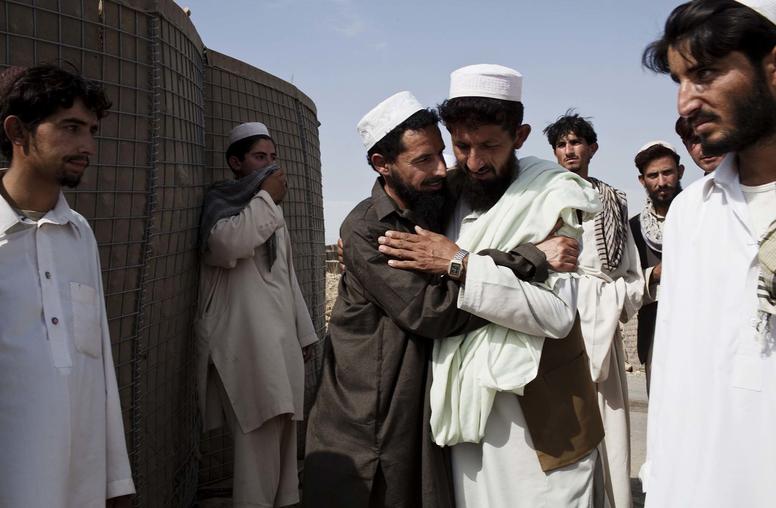
Sustaining a Hope for Afghan Peace
After 16 years of war in Afghanistan, is a door opening for a peace process? The Afghan government and the Taliban insurgents both publicly offered peace talks last month, although the Taliban insist they want to negotiate with the United States and not with the internationally recognized government in Kabul. Past moments of hope for an Afghan peace process have been dashed by missed opportunities and difficult politics on all sides.
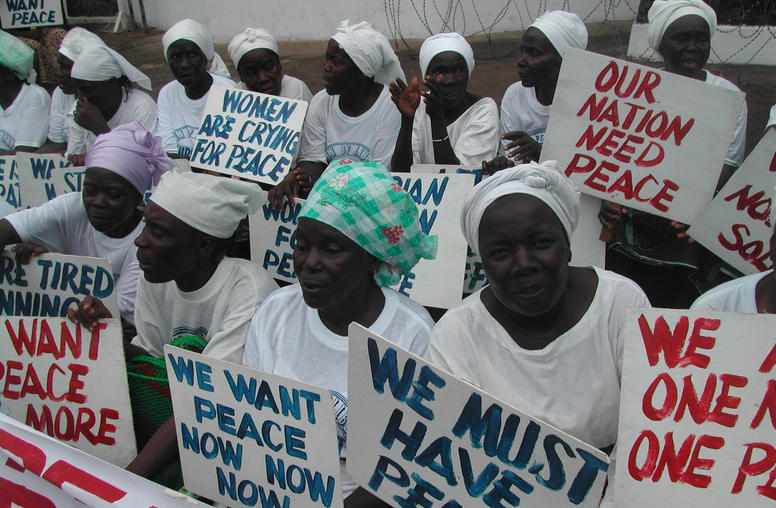
Making Women Visible
Two decades into the 21st century, women remain mostly invisible in human storytelling about war and peace. Since a U.N. resolution in 2000, governments increasingly have recognized that the work of ending or preventing wars is weakened when women are excluded. Painstakingly, women are forcing aside historic obstacles to lead as mediators, peacekeepers and the like. Yet amid violence that has displaced record numbers of people, women remain scarcely visible in our stories of human conflict and reconciliation. These stories reflect what we value as a society. When women are missing, women are not counted.
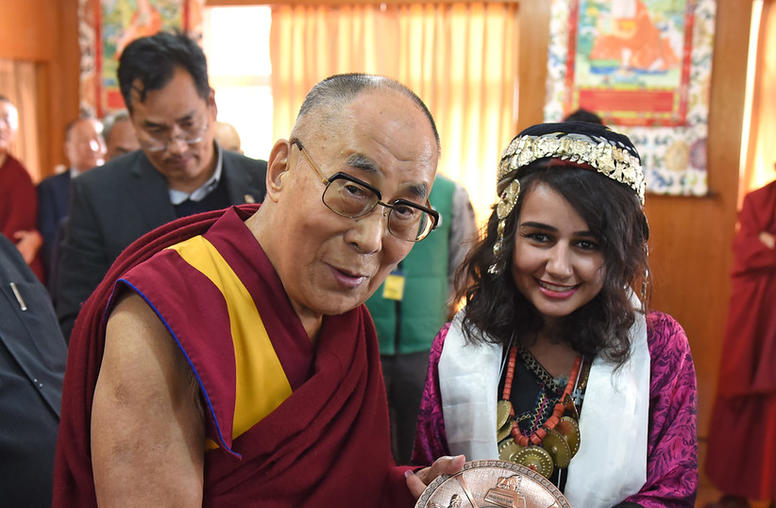
Letter from Erbil: The Dalai Lama's Message for Iraq
Lourd Hanna, an Iraqi health sciences graduate, co-founded a youth-led organization that works to heal divisions among Iraq’s ethnic and sectarian communities. Lourd, a member of Iraq’s Chaldean Catholic minority, lives in Erbil, in Iraq’s Kurdistan region. She is one of 25 young civil society leaders from a dozen nations facing violent conflict whom USIP gathered in 2017 for training and mentorship with the Nobel peace laureate and spiritual leader, the Dalai Lama.

Billy Graham: Unbound by Borders
The Rev. Billy Graham, who died Wednesday, was never one to remain bound by borders. His religious faith was both the engine that drove him personally, and the portal through which he touched and swayed millions of people. Graham’s legacy on matters of violent conflict, and the social injustices that underlie them, is deeply mixed—and human. But his six-decade career shows us the unremitting power of religious faith to influence people’s attitudes and actions. And at key moments, Graham’s career showed how religious leaders can promote peace.
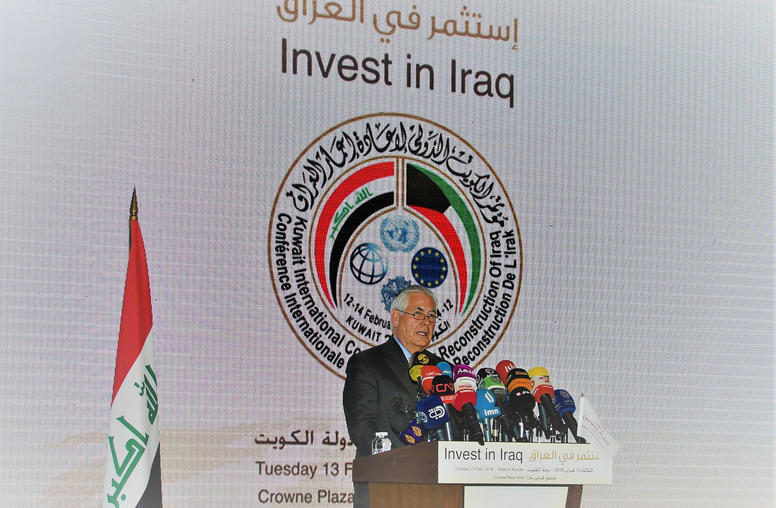
Donors Support Iraq, but There’s More Work to Be Done
This week’s international donors’ conference on the rebuilding of Iraq produced pledges of up to a third of the estimated $88.2 billion cost in loan guarantees and aid, as the United States and other governments pushed for private, rather than government, funds to fill the need. Governments offered as much as $30 billion in aid, about $25 billion of that as credits. While news reports focused heavily on the gap between the needs listed by the government and the offers from donors, the amounts pledged reflect continued international support for Abadi and Iraq.
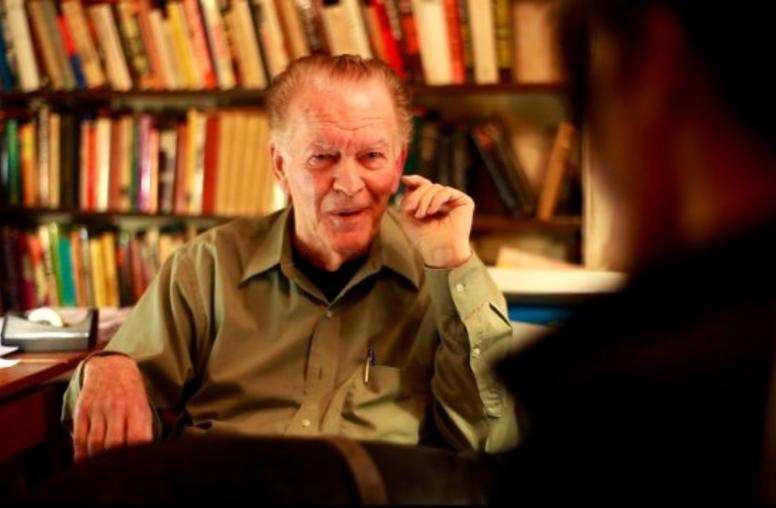
Tribute to Gene Sharp
Gene Sharp was a giant the field of civil resistance whose voluminous writings have inspired and informed the work of academics, practitioners, and activists the world over. His role in advancing human rights, fundamental freedoms, and social justice around the world cannot be over-estimated. Few scholars have had such a profound impact on the course of human events as Gene Sharp. He will be greatly missed.
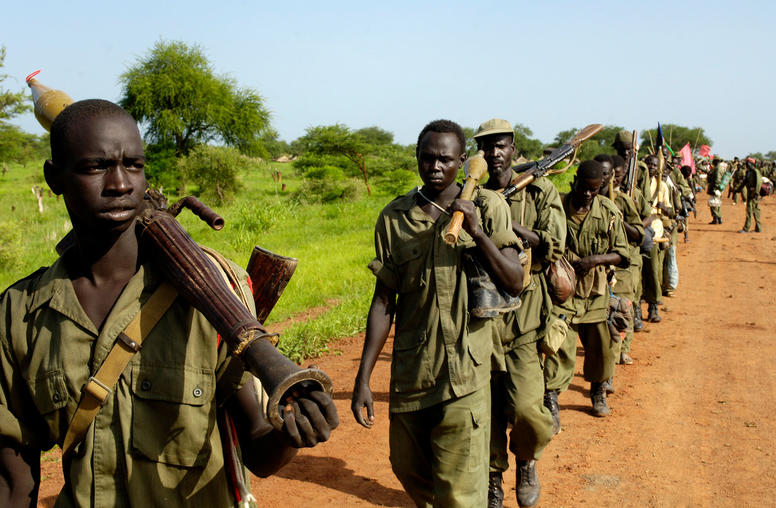
South Sudan: Four Steps to a Truce That Works
South Sudan’s conflict is monitored by an international organization called the Ceasefire and Transitional Security Arrangements Monitoring Mechanism (CTSAMM). This group, including military officers from 14 countries, deploys 16 “monitoring and verification teams” across South Sudan. It receives nearly half of its funding from the United States.
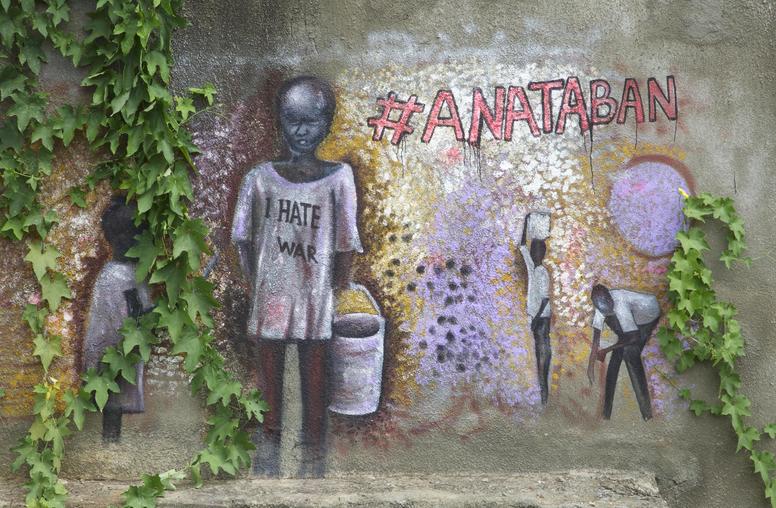
In South Sudan, an Artists’ Movement for Peace Catches Fire
Jacob Bul Bior, a 29-year-old South Sudanese peace activist, has never known a day when his country wasn’t torn apart by violence. Civil war between northern and southern Sudan; battles between South...
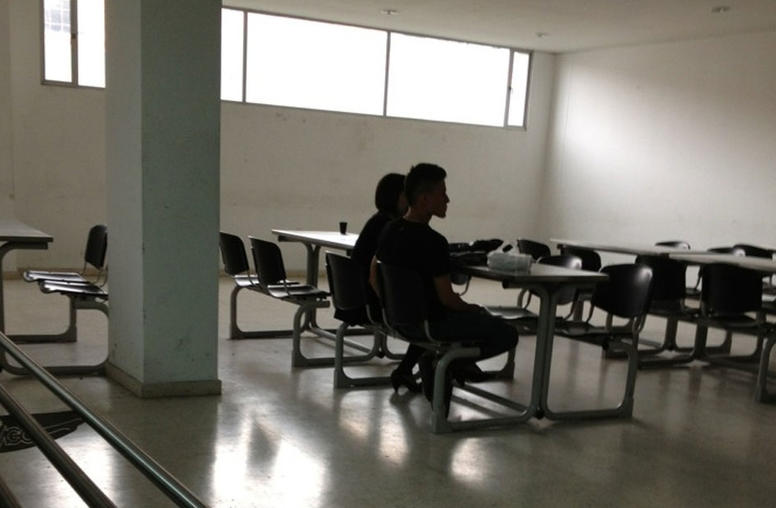
Colombia War-Crime Prisoners Face Past, Plan Future
The prisoners would be arriving soon and Adriana Combita, like a young teacher preparing to greet a new class, was nervous. This was not the first time that Combita, 26, had led a peacebuilding training with soldiers convicted of war-related crimes. But these were senior officers, commanders with master’s degrees, military officials who had lived abroad.
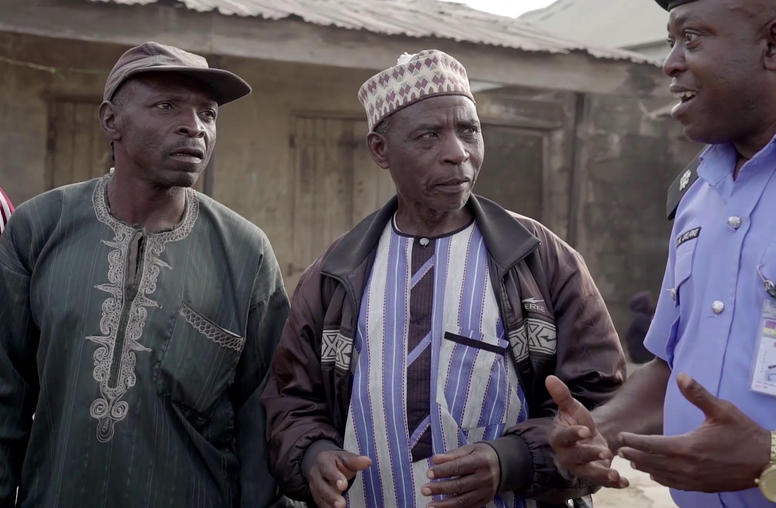
Making Peace Possible in 2017
Despite a tumultuous year, one seemingly defined by violent conflict, extremism, and devastating civil wars, U.S. Institute of Peace President Nancy Lindborg argues that “peace is very possible” in part due to the practical solutions that USIP’s teams work on every day.
